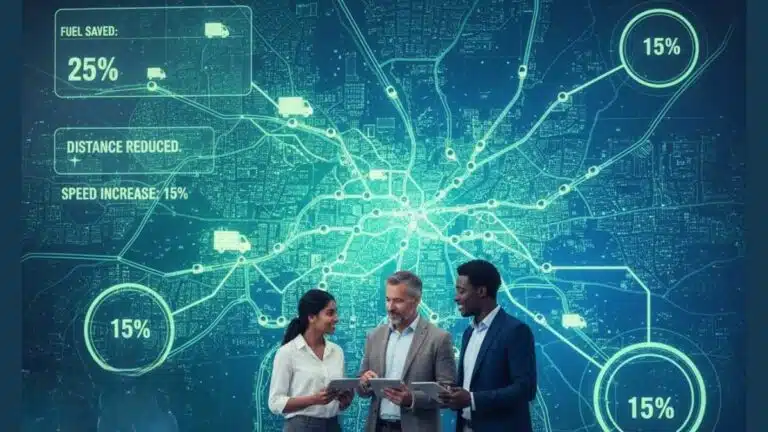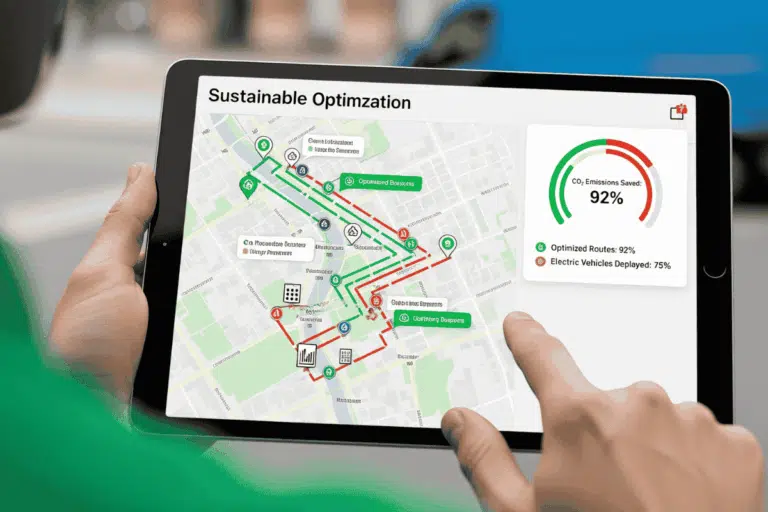Experts have mixed reactions about what the future will look like in a digital world that is exploding with fast-growing artificial intelligence (AI) software.
Speaking at the World Economic Forum (WEF) in Davos, Switzerland, OpenAI CEO Sam Altman says the largest societal question for now is: ‘Who gets to decide what those [AI] values are, and what the defaults are, what the boundaries are?’
On the contrary, technology is evolving and is already saving lives with AI technology in the health sector.
Altman says while there is much optimism over the future of AI, he doubts that the technology will “scale all the way to much more powerful systems. We’ll have to invent new things.”
Giving AI a chance to save humanity
There are good reasons why some people are skeptical about the accuracy of AI.
Jeremy Hunt is a British politician serving as a chancellor of the Exchequer. “I remember the first time I went on ChatGPT. I said, is Jeremy Hunt a good chancellor of the Exchequer, and the answer came back: ‘Jeremy Hunt is not chancellor of the Exchequer.
Despite his first horrible encounter with the machine learning program, Hunt believes AI is here to improve the world, even save the world from another deadly pandemic.
“When we have the next pandemic, we don’t want to have to wait a year before we get the vaccine. If we can shrink the time it takes to get that vaccine to a month, then that is a massive step forward for humanity,” says an optimistic Hunt.
He also envisions how AI can transform the way public services are delivered and lead to more productive public services with lower tax levels. “I think we have to allow the technology to grow. We have to have our eyes open to the guardrails that we’re going to need.”
What AI still needs to improve
Marc Benioff is the chairman and CEO of the software company Salesforce. He foresees AI taking over the world by storm, hosting forums like the WEF, and asking questions better than any human can possibly think of. He also foresees a future of digital doctors, where trust will be needed.
“We all know that there’s still this issue out there called hallucinations. Hallucinations are interesting because it’s really about those models. We’re talking to them and then they lie and then you’re like, well, that isn’t exactly true,” says Benioff.
He recalls his own experience when he asked AI a question about his friend’s current work position, and the answer turned out to be incorrect.
“We’ve all had that experience, haven’t we? We have to cross that bridge, we have to cross the bridge of trust,” says Benioff.
Setting boundaries for AI
You would think that Altman would want to fend off critics who constantly question the future of AI and how it could possibly influence human interaction. But he sounds all sincere when he says: “I think it’s good that we and others are being held to a high standard.”
Altman sees criticism as an opportunity to learn from past experiences. “I have a lot of empathy for the general nervousness and discomfort of the world [asking] why is our future in their hands?”
Nevertheless, AI experts at the WEF believe the benefits are already “so tremendous that we should go do this.”
Altman is one of the vocal voices welcoming questions about the “safety threshold” that should be set. This might seem like a tall task, coordinating the same set of AI rules are applied in other countries. This is to ensure no “super negative impact” on each other.
Where is the future of AI heading? “This [AI] is a technology that’s clearly very powerful. It’s easy to imagine…that it will have massive effects on the world. It could go very wrong,” says Altman. But he also believes that the direction AI technology is taking now gives room for it to be made safe.
“So we have time as a society. Our institutions have time to discuss and figure out how to regulate this. How to put some guard rails in place,” he says.
About the author
Mia is a multi-award-winning journalist. She has more than 14 years of experience in mainstream media. She's covered many historic moments that happened in Africa and internationally. She has a strong focus on human interest stories, to bring her readers and viewers closer to the topics at hand.










